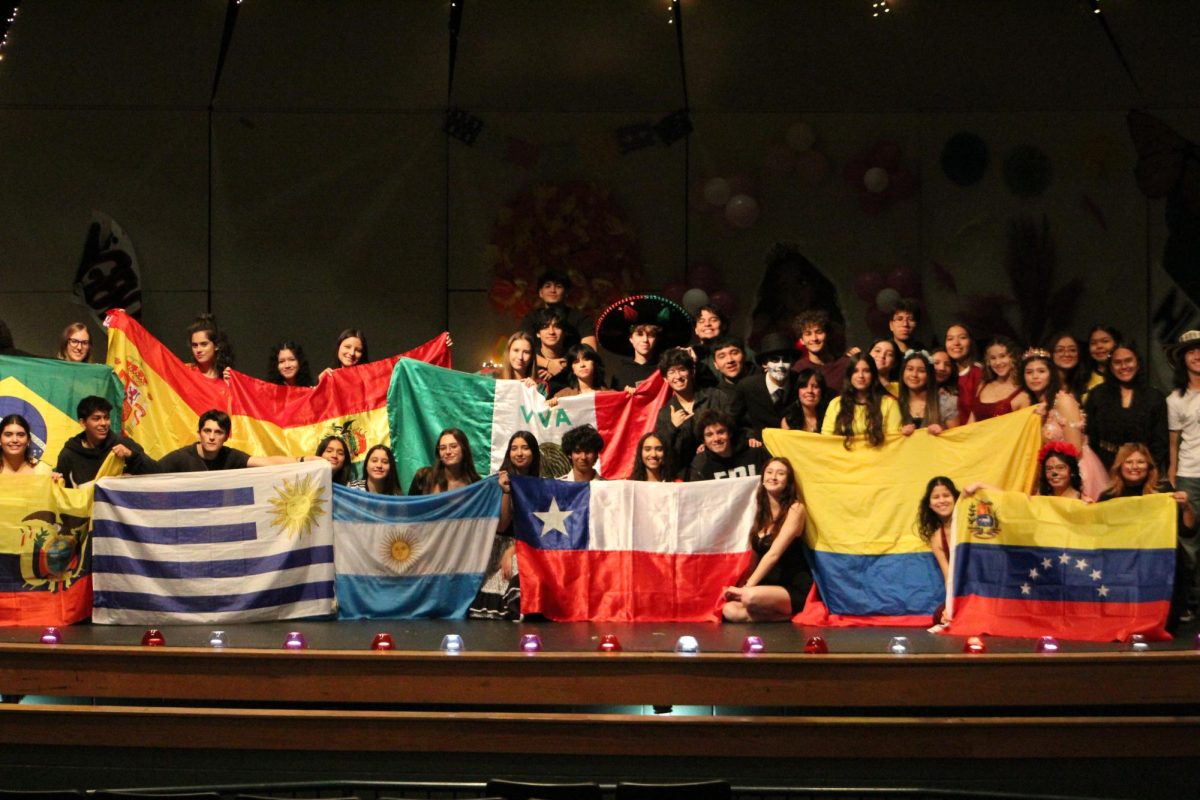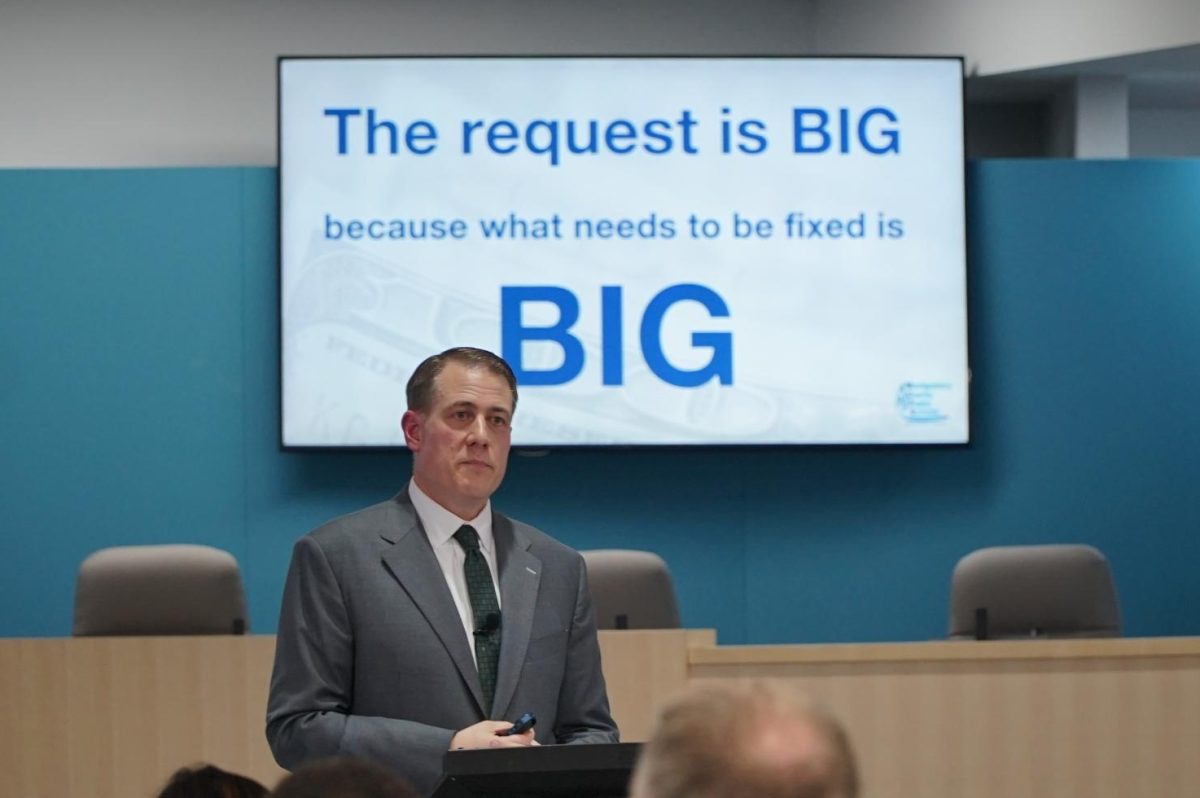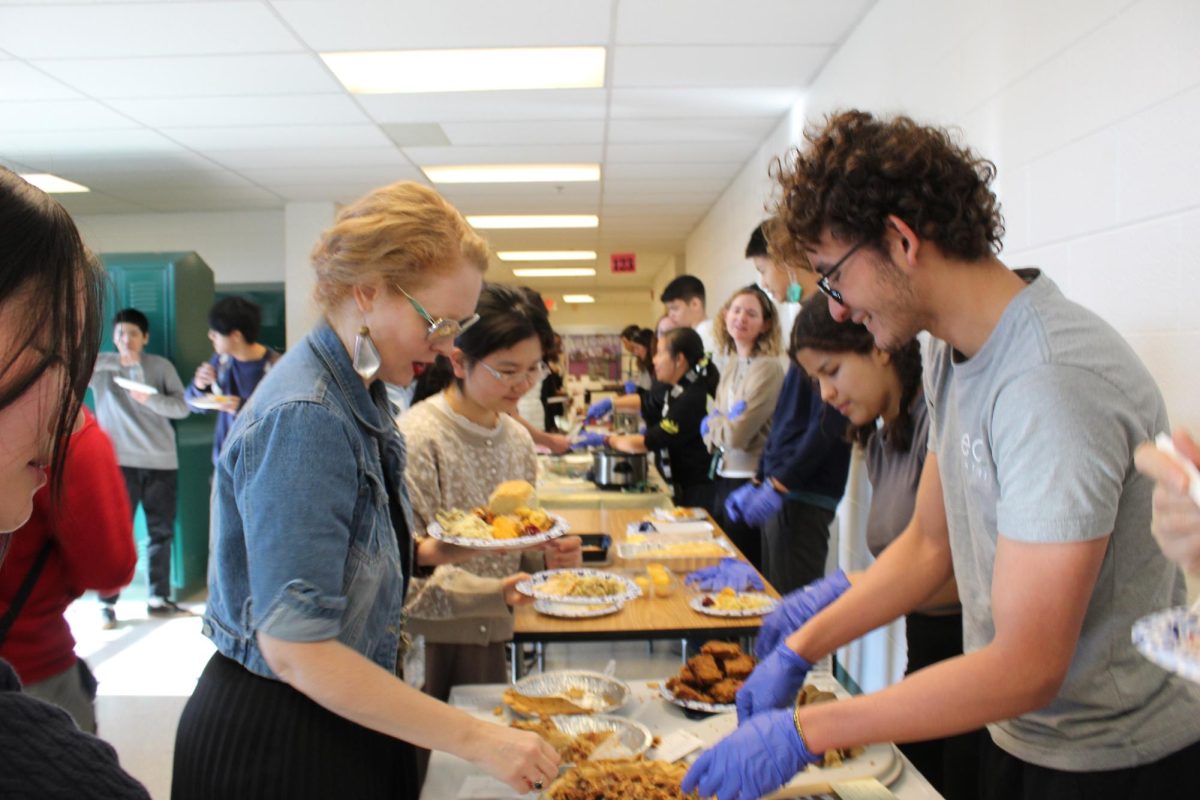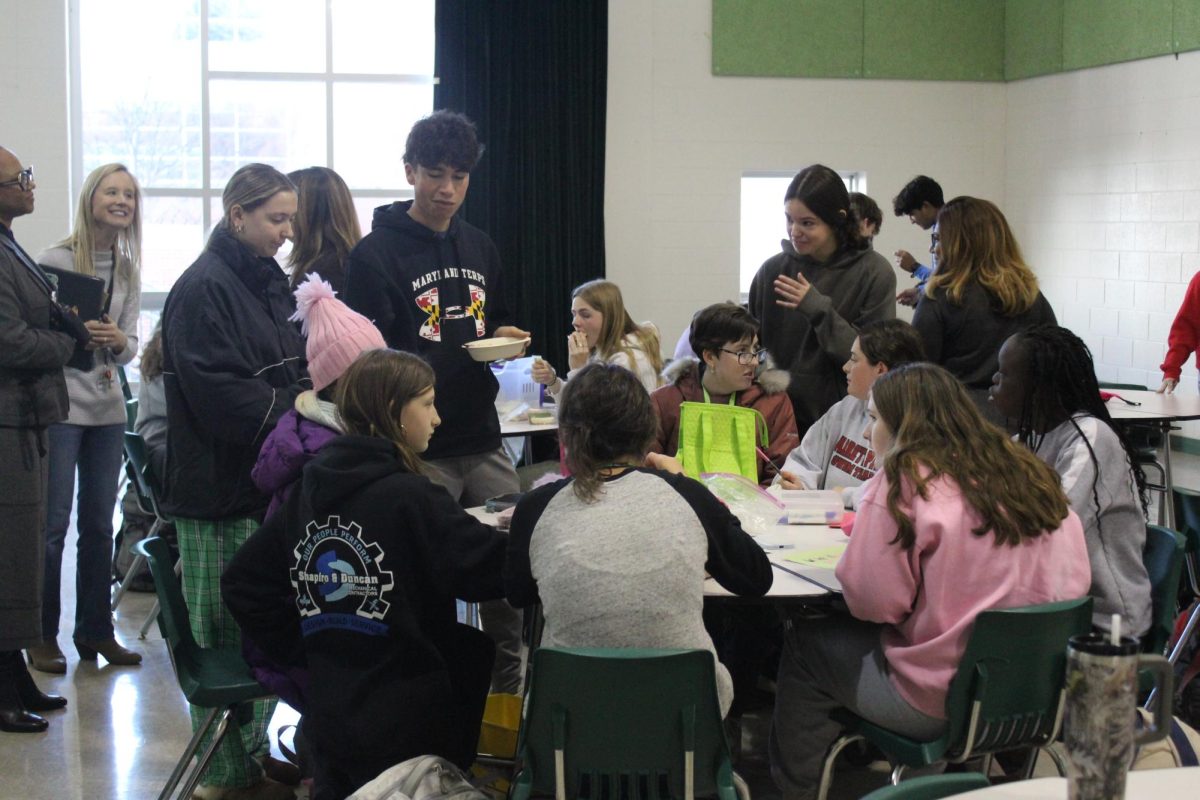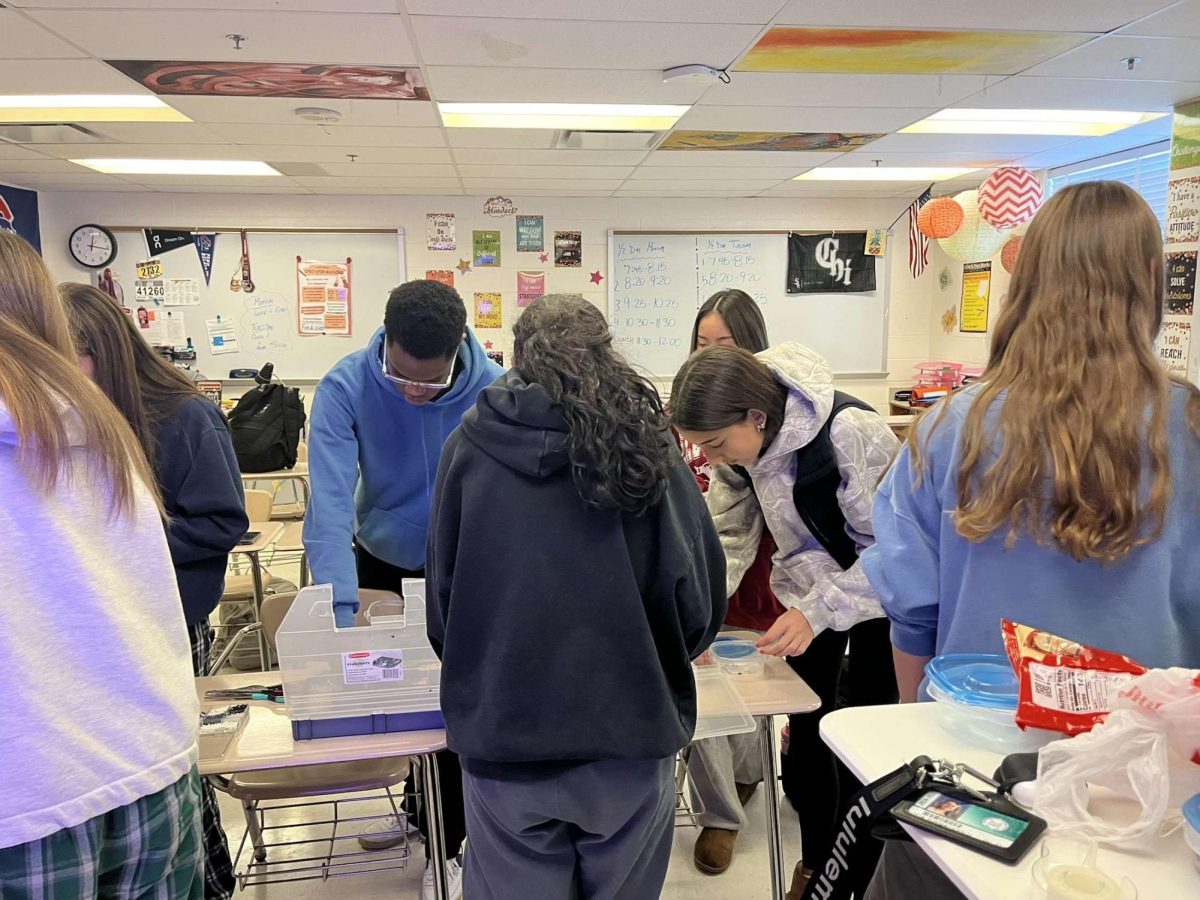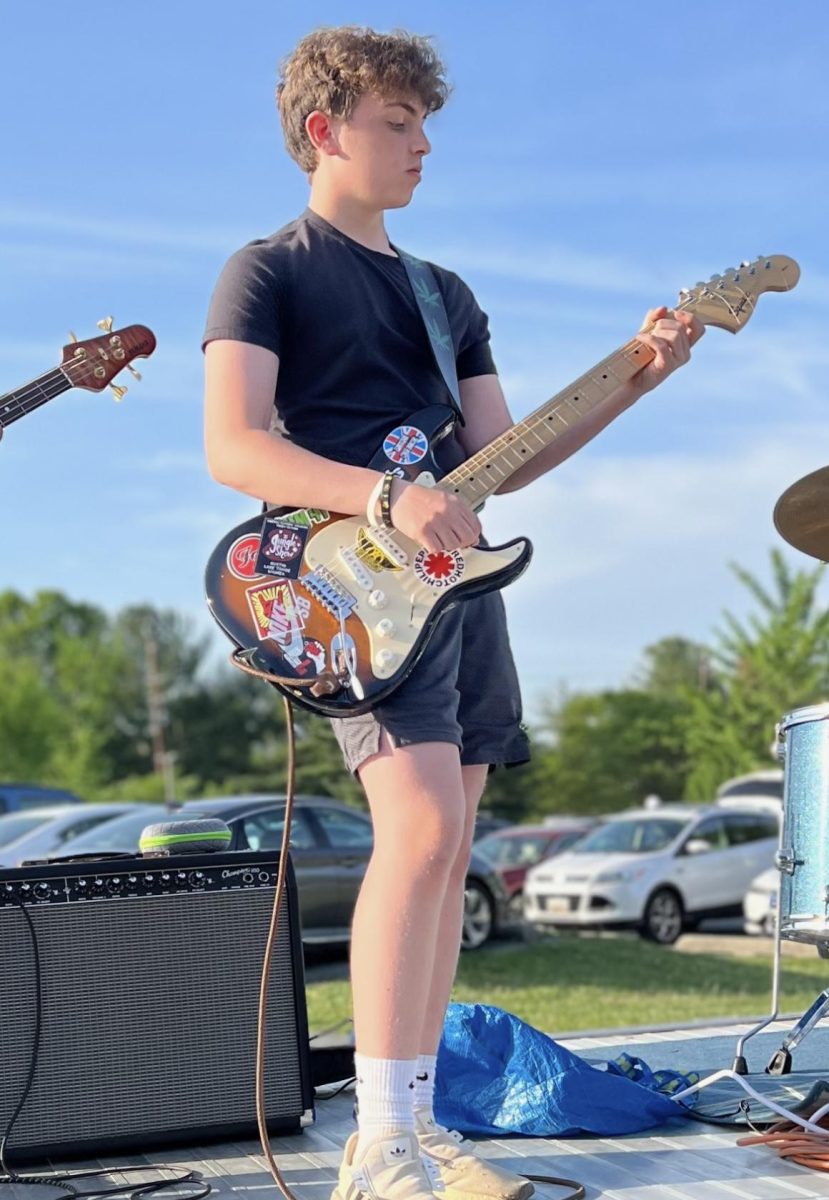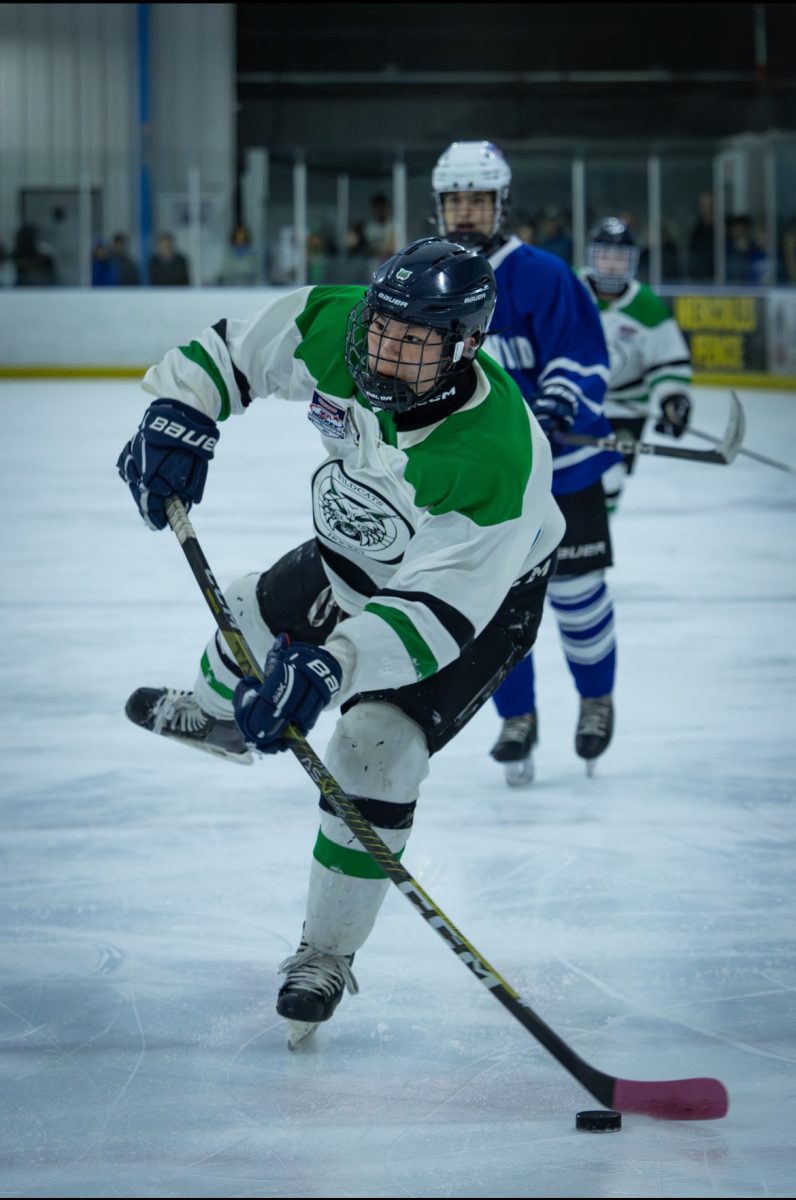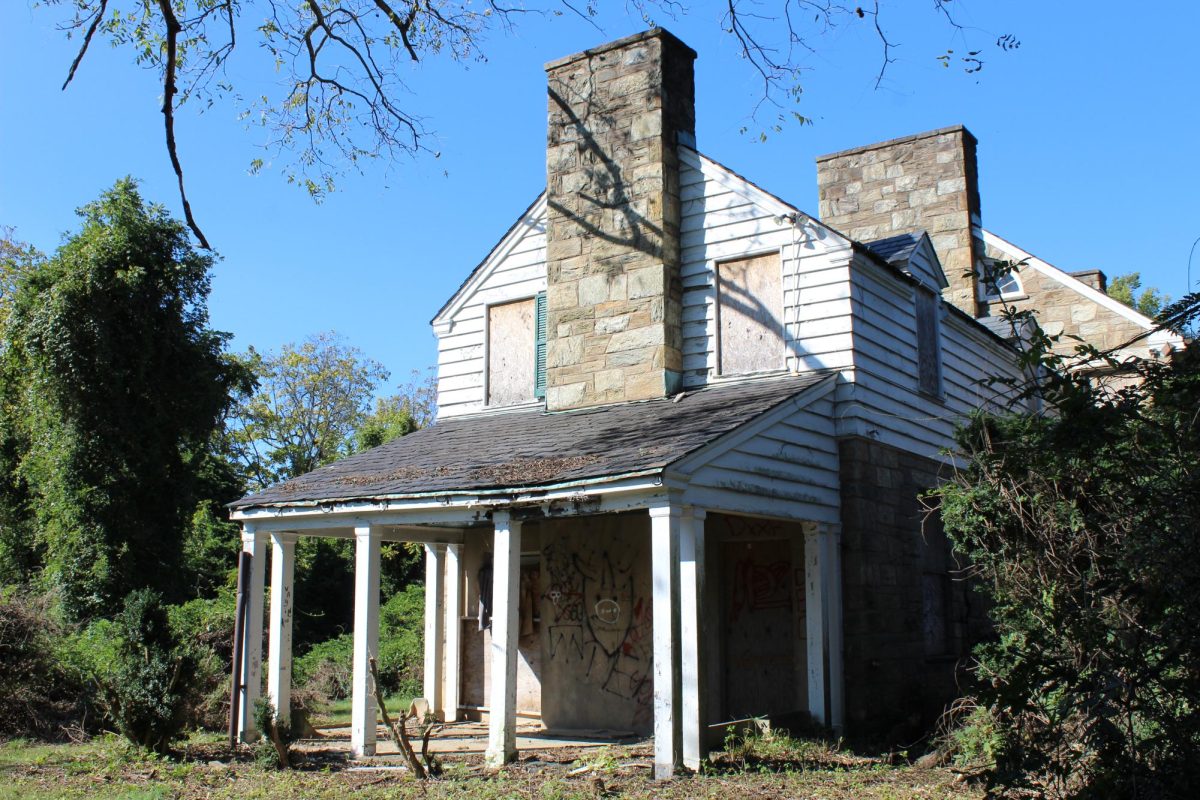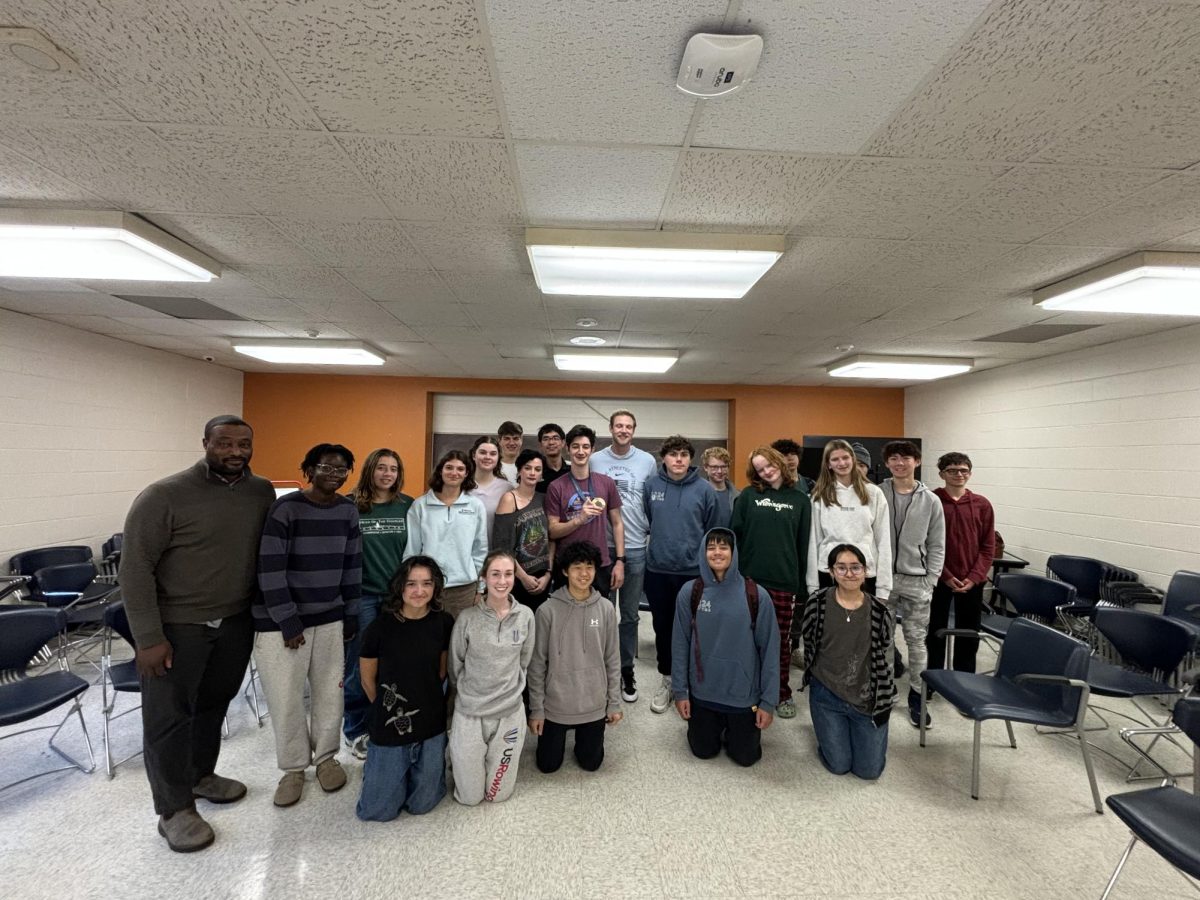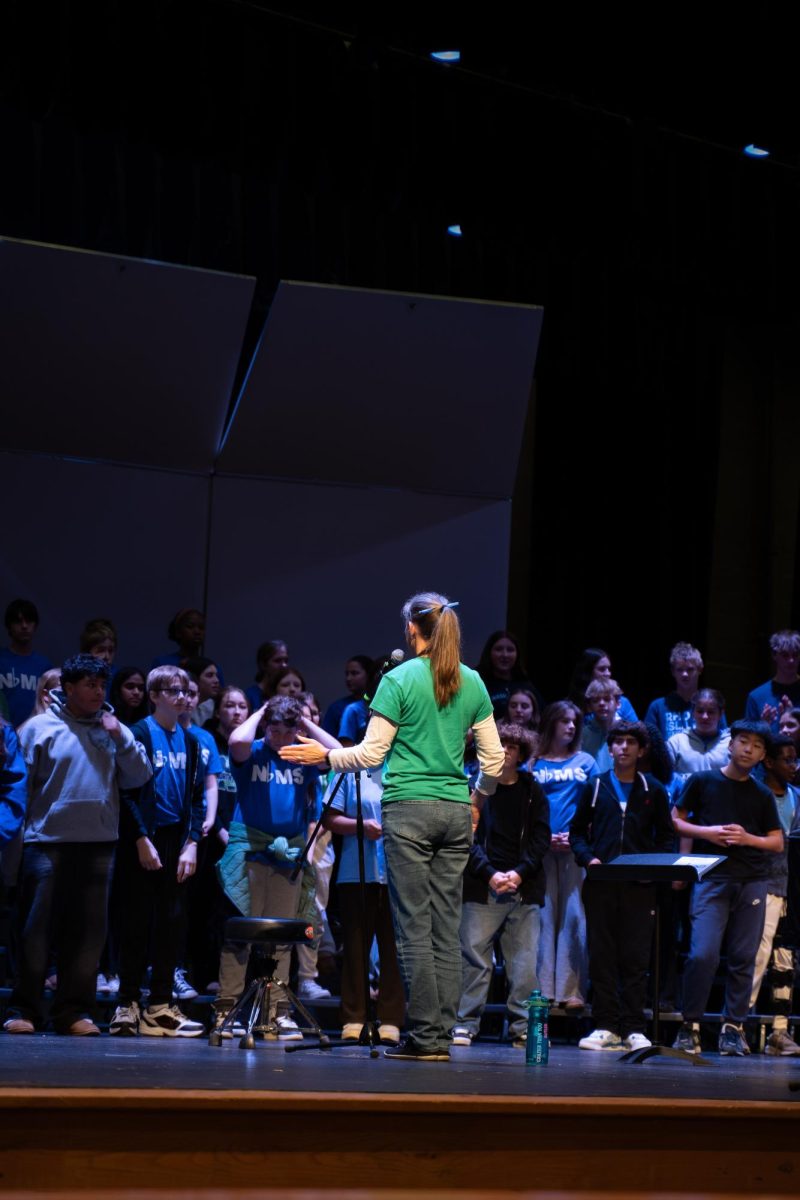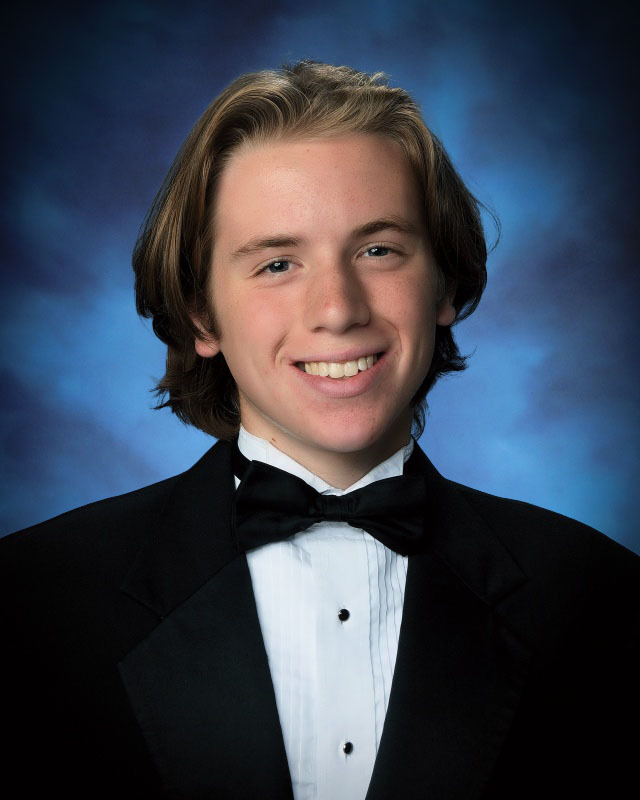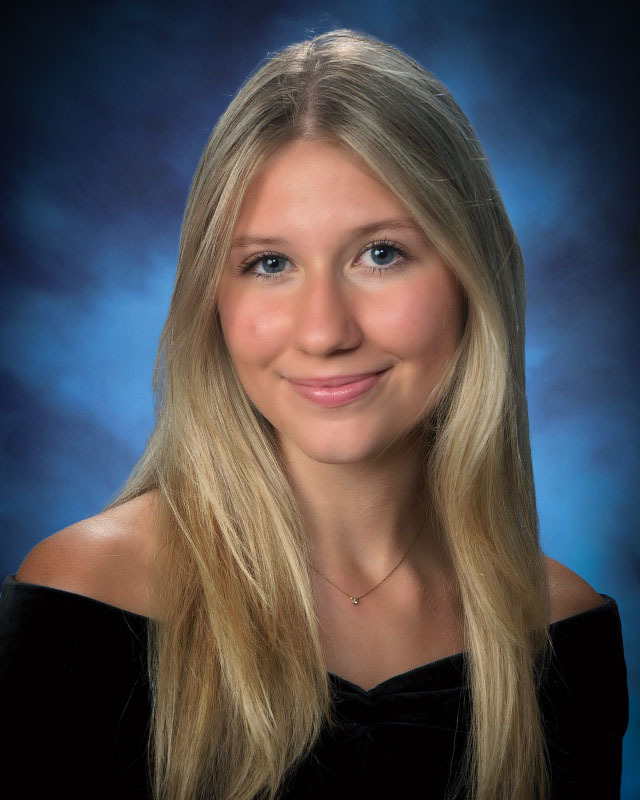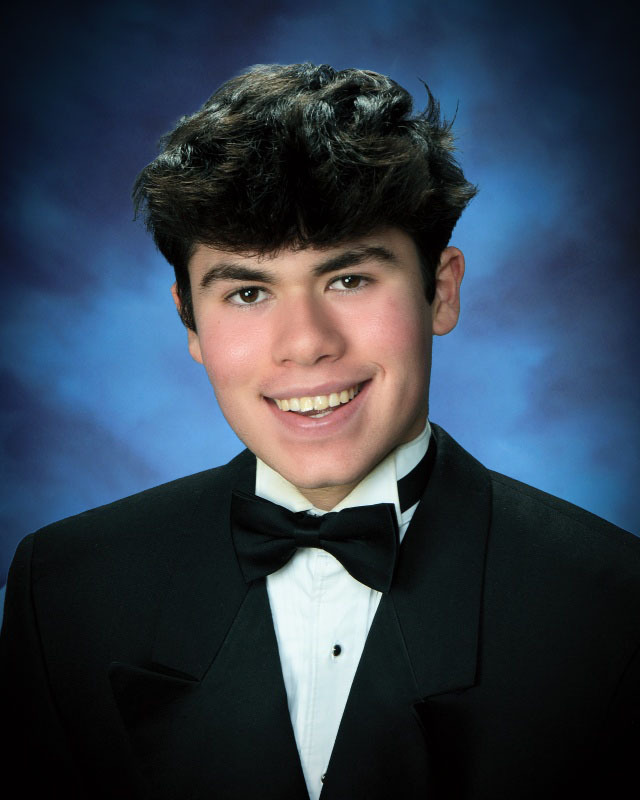On Dec. 8, student-run clubs (Black Student Union, Hispanic Latin Culture Club, Minority Scholars Program, GSA, AASU) and Leadership held a virtual town hall surrounding allyship. These student leaders worked together over the past few months to put together this town hall as a way to teach students, as well as teachers, how to be better allies.
The town hall had over 100 people, staff and students, in attendance and started off with a brief slideshow that gave definitions of allyship and hate speech, ways you can help and the different types of allies there are.
Throughout the town hall, both students and staff were able to voice their opinions on their experiences. Some students shared about hateful things and slurs they’d heard in the hallway, including students being told to not speak in their first- language.
“I was walking through the hallways during lunch to my car when I heard some guys seemingly randomly shout the f-slur. I stood and looked at them in shock. It made me scared but mostly just disappointed,” senior Summer Garcia said.
There was also a conversation about respect and the gap between students and teachers. Some teachers shared that they do not feel respected and that students would curse at them and ignore instructions.
As the town hall progressed, more was said about allyship. Students shared that they think individuals do not tell teachers about incidents of hate because they do not know what the reaction will be, as there is a seemingly underlying fear between students and teachers.
Some voiced how putting students who say slurs and other hateful speech in leadership positions is not effective for progress and defeats the purpose of unity at WJ.
Students shared that there needs to be more direct action taking place and that homeroom lessons are not as effective as they could be.
“Direct action meaning that when teachers or admin hear or even hear about things like slurs or hateful speech being said, these people face major consequences…It is known that hate is not tolerated at WJ because the example that is set for the rest of the school is that they can still do it and are still put on this pedestal,” senior Marley Wingerter said.


